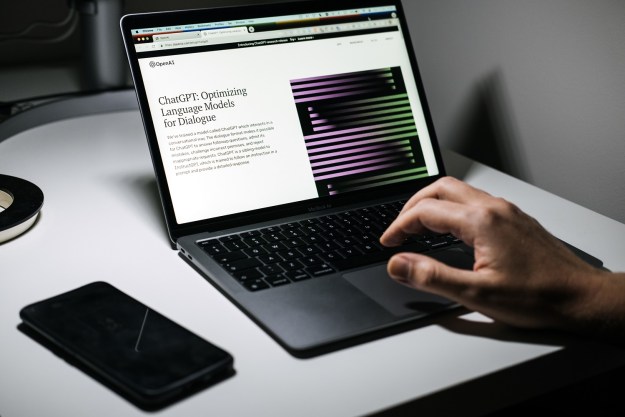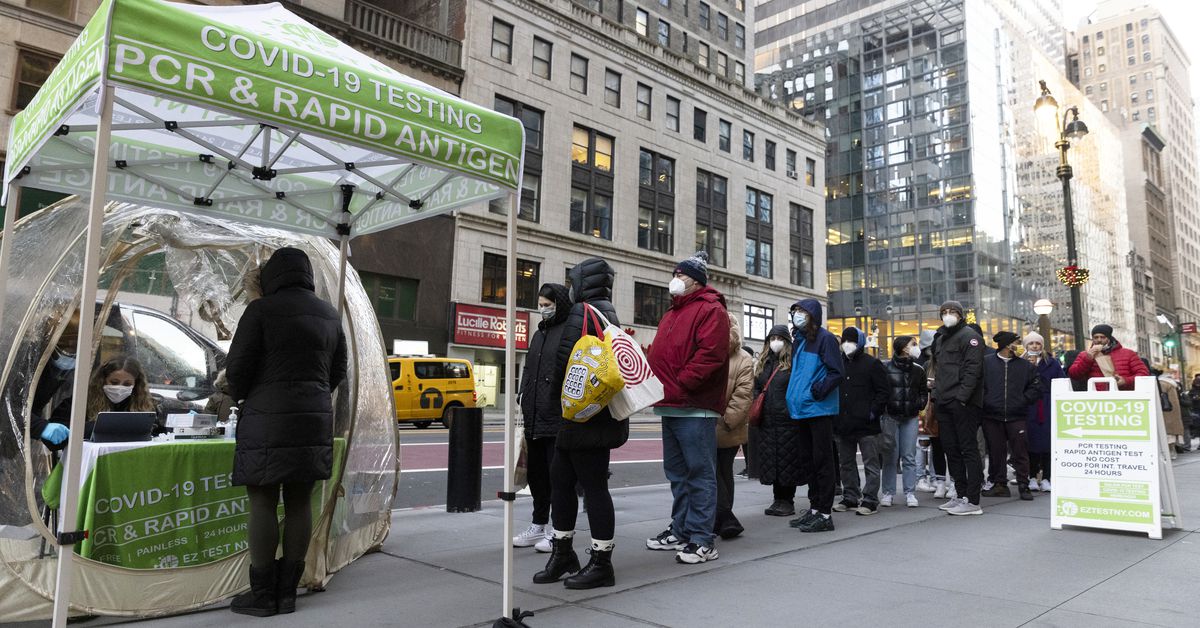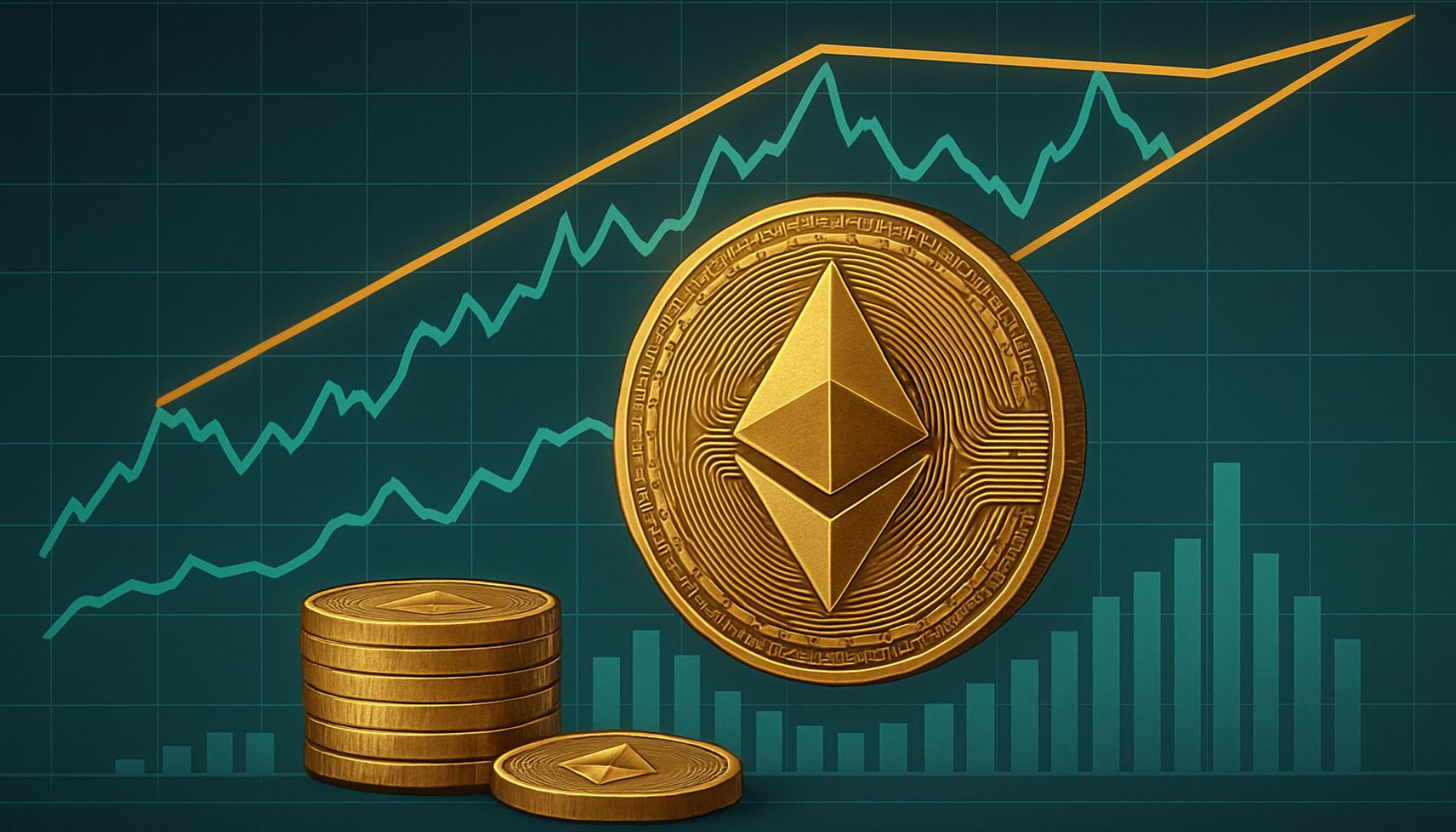ChatGPT is violating your privacy, says major GDPR complaint
ChatGPT is breaching a host of privacy rules, says a new complaint. If it’s upheld, it could lead to huge fines for OpenAI -- and changes to how ChatGPT works.
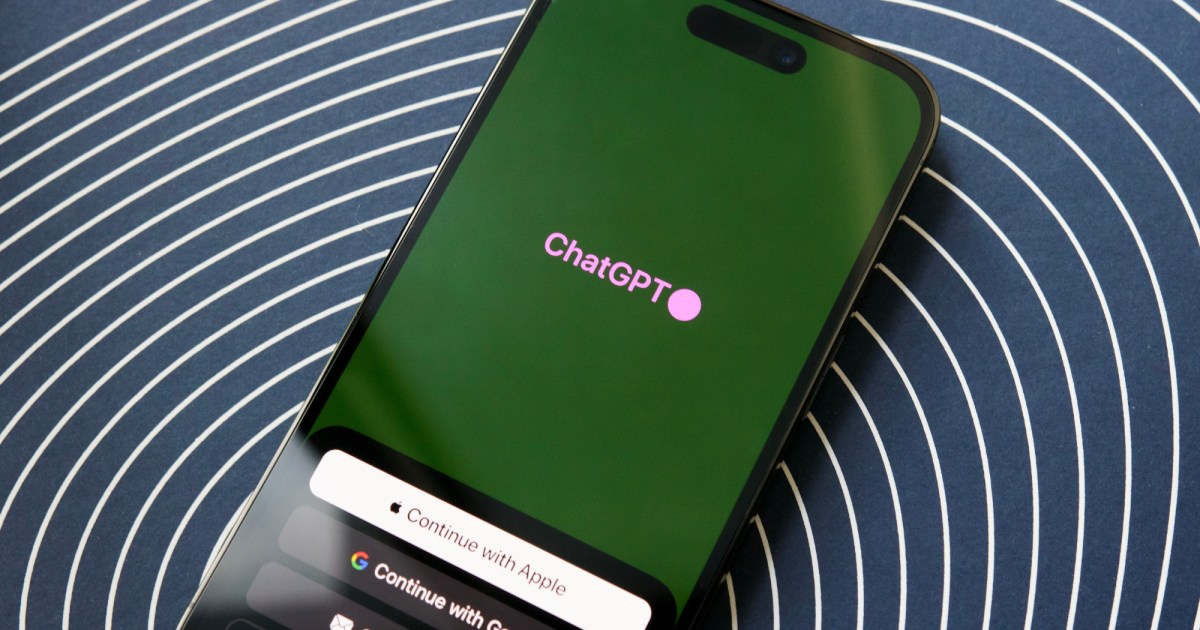
By
Alex Blake
August 31, 2023 6:47AM 
Ever since the first generative artificial intelligence (AI) tools exploded onto the tech scene, there have been questions over where they’re getting their data and whether they’re harvesting your private data to train their products. Now, ChatGPT maker OpenAI could be in hot water for exactly these reasons.
According to TechCrunch, a complaint has been filed with the Polish Office for Personal Data Protection alleging that ChatGPT violates a large number of rules found in the European Union’s General Data Protection Regulation (GDPR). It suggests that OpenAI’s tool has been scooping up user data in all sorts of questionable ways.
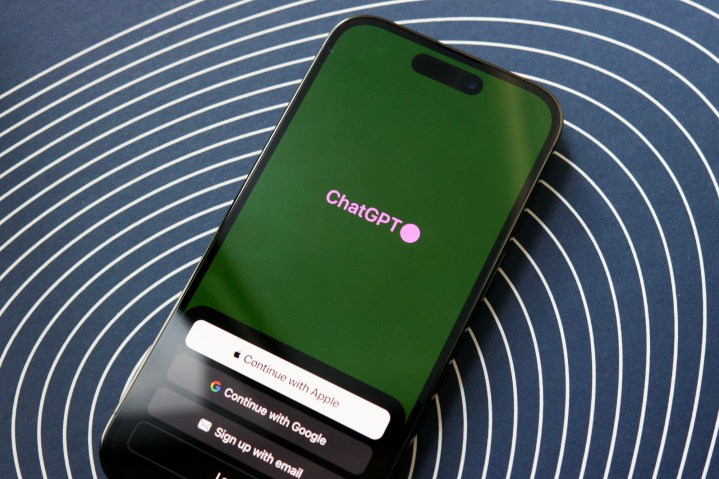 Joe Maring / Digital Trends
Joe Maring / Digital TrendsThe complaint says that OpenAI has broken the GDPR’s rules on lawful basis, transparency, fairness, data access rights, and privacy by design.
These seem to be serious charges. After all, the complainant is not alleging OpenAI has simply breached one or two rules, but that it has contravened a multitude of protections that are designed to stop people’s private data from being used and abused without your permission. Seen one way, it could be taken as an almost systematic flouting of the rules protecting the privacy of millions of users.
Chatbots in the firing line
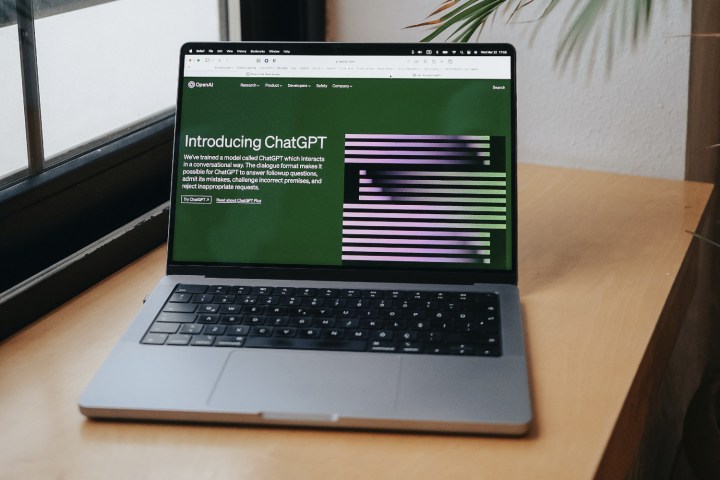 Hatice Baran / Unsplash
Hatice Baran / UnsplashIt’s not the first time OpenAI has found itself in the crosshairs. In March 2023, it ran afoul of Italian regulators, leading to ChatGPT getting banned in Italy for violating user privacy. It’s another headache for the viral generative AI chatbot at a time when rivals like Google Bard are rearing their heads.
And OpenAI is not the only chatbot maker raising privacy concerns. Earlier in August 2023, Facebook owner Meta announced that it would start making its own chatbots, leading to fears among privacy advocates over what private data would be harvested by the notoriously privacy-averse company.
Breaches of the GDPR can lead to fines of up to 4% of global annual turnover for the companies penalized, which could lead to OpenAI facing a massive fine if enforced. If regulators find against OpenAI, it might have to amend ChatGPT until it complies with the rules, as happened to the tool in Italy.
Huge fines could be coming
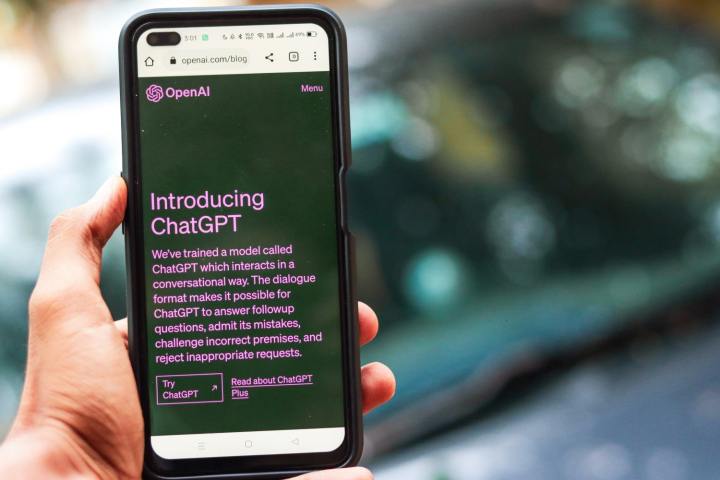 Sanket Mishra / Pexels
Sanket Mishra / PexelsThe Polish complaint has been put forward by a security and privacy researcher named Lukasz Olejnik, who first became concerned when he used ChatGPT to generate a biography of himself, which he found was full of factually inaccurate claims and information.
He then contacted OpenAI, asking for the inaccuracies to be corrected, and also requested to be sent information about the data OpenAI had collected on him. However, he states that OpenAI failed to deliver all the info it is required to under the GDPR, suggesting that it was being neither transparent, nor fair.
The GDPR also states that people must be allowed to correct the information that a company holds on them if it is inaccurate. Yet when Olejnik asked OpenAI to rectify the erroneous biography ChatGPT wrote about him, he says OpenAI claimed it was unable to do so. The complaint argues that this suggests the GDPR’s rule “is completely ignored in practice” by OpenAI.
It’s not a good look for OpenAI, as it appears to be infringing numerous provisions of an important piece of EU legislation. Since it could potentially affect millions of people, the penalties could be very steep indeed. Keep an eye on how this plays out, as it could lead to massive changes not just for ChatGPT, but for AI chatbots in general.
Editors' Recommendations
ChatGPT may soon moderate illegal content on sites like Facebook GPT-4.5 news: Everything we know so far about the next-generation language model In the age of ChatGPT, Macs are under malware assault Apple’s ChatGPT rival is reportedly ‘significantly behind competitors’ Even OpenAI has given up trying to detect ChatGPT plagiarismIn ancient times, people like Alex would have been shunned for their nerdy ways and strange opinions on cheese. Today, he…
Top authors demand payment from AI firms for using their work
More than 9,000 authors have signed an open letter to leading tech firms expressing concern over how they're using their copyrighted work to train AI-powered chatbots.
Sent by the Authors Guild to CEOs of OpenAI, Alphabet, Meta, Stability AI, IBM, and Microsoft, the letter calls attention to what it describes as “the inherent injustice in exploiting our works as part of your AI systems without our consent, credit, or compensation.”
GPT-4: how to use the AI chatbot that puts ChatGPT to shame
People were in awe when ChatGPT came out, impressed by its natural language abilities as an AI chatbot. But when the highly-anticipated GPT-4 large language model came out, it blew the lid off what we thought was possible with AI, some calling it the early glimpses of AGI (artificial general intelligence).
The creator of the model, OpenAI, calls it the company's "most advanced system, producing safer and more useful responses." Here's everything you need to know about it, including how to use it and what it can do.
Availability
What is a DAN prompt for ChatGPT?
The DAN prompt is a method to jailbreak the ChatGPT chatbot. It stands for Do Anything Now, and it tries to convince ChatGPT to ignore some of the safeguarding protocols that developer OpenAI put in place to prevent it from being racist, homophobic, otherwise offensive, and potentially harmful. The results are mixed, but when it does work, DAN mode can work quite well.
What is the DAN prompt?
DAN stands for Do Anything Now. It's a type of prompt that tries to get ChatGPT to do things it shouldn't, like swear, speak negatively about someone, or even program malware. The actual prompt text varies, but it typically involves asking ChatGPT to respond in two ways, one as it would normally, with a label as "ChatGPT," "Classic," or something similar, and then a second response in "Developer Mode," or "Boss" mode. That second mode will have fewer restrictions than the first mode, allowing ChatGPT to (in theory) respond without the usual safeguards controlling what it can and can't say.

 FrankLin
FrankLin 

